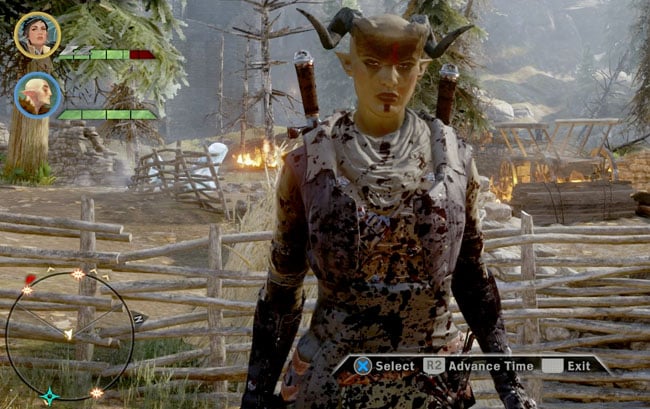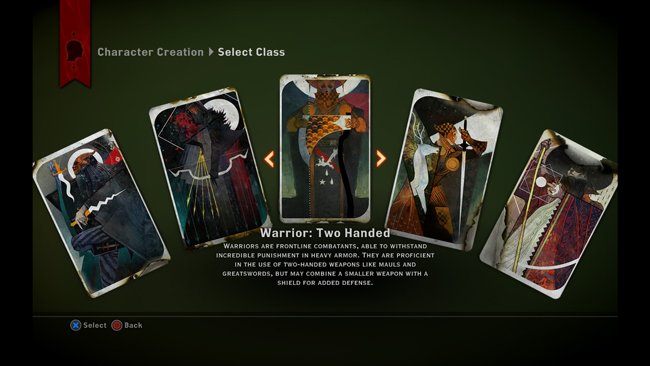## From Galaxy Far, Far Away to Hollywood Drama: Actors’ Union Calls Epic Games Out on Darth Vader Clone Hold onto your lightsabers, gamers! The force is strong with this one, but not in the way you might expect. The actors’ union, SAG-AFTRA, has thrown down the gauntlet against gaming giant Epic Games, accusing them of brazenly copying the iconic Darth Vader in their latest Unreal Engine showcase. Is this just a case of artistic inspiration gone too far, or could it be a chilling sign of a future where beloved characters are freely repurposed without consent? Prepare for a showdown between Hollywood royalty and the digital realm as we dive into this epic battle over intellectual property.
Bargaining Breakdown

The recent dispute between SAG-AFTRA and Llama Productions, an Epic Games subsidiary, highlights a fundamental tension emerging in the gaming industry: the integration of AI voice cloning and its implications for traditional voice acting practices. The union’s complaint, filed with the National Labor Relations Board, alleges that Llama Productions unilaterally implemented AI-generated voices in the popular game Fortnite without proper consultation or negotiation with SAG-AFTRA.
Specifically, the complaint cites the introduction of Darth Vader as a non-player character (NPC) in Fortnite, whose iconic voice was generated using AI technology. While James Earl Jones, the original voice actor for Darth Vader, had previously granted Lucasfilm the rights to his voice for future projects, SAG-AFTRA argues that Llama Productions violated its agreements by replacing human voice actors with AI-generated counterparts without engaging in collective bargaining.

The Price of Progress
SAG-AFTRA’s stance on AI voice cloning has evolved over time. Initially, the union expressed strong opposition to the use of AI to replicate or replace human actors. However, recognizing the potential benefits and the inevitability of AI’s role in the industry, SAG-AFTRA has since adopted a more nuanced approach.
The union now permits the use of AI voice cloning under specific conditions, primarily focused on ensuring fair compensation for voice actors and protecting their creative rights. The current dispute with Llama Productions highlights the ongoing challenges in establishing clear guidelines and agreements regarding the use of AI in voice acting.
Beyond Darth Vader
The ramifications of this dispute extend far beyond the specific case of Darth Vader in Fortnite. It raises broader questions about the future of voice acting in the gaming and entertainment industries as a whole.
If AI-generated voices become increasingly sophisticated and affordable, it could potentially displace human voice actors, particularly in roles requiring repetitive or standardized vocal performances.
The Ethical Dilemma: AI, Creativity, and the Value of Human Performance
Blurring the Lines
The use of AI to replicate human voices presents a number of ethical considerations. One key concern is the potential for AI-generated voices to be used deceptively, for example, to impersonate real individuals without their consent.
This raises questions about authenticity, consent, and the potential for misuse. Additionally, the widespread adoption of AI voice cloning could erode the value of human creativity and artistry in voice acting.
The Human Touch
Despite the advancements in AI technology, there are compelling arguments for why human actors remain essential to creating compelling and authentic performances.
Human actors bring a unique range of emotions, nuances, and improvisational skills to their work that are difficult to replicate with AI. The human touch adds a layer of depth and realism to performances that can significantly enhance the overall storytelling experience.
The Future of Creativity
The impact of AI on the creative process in gaming and beyond is a subject of ongoing debate. Some argue that AI will ultimately liberate creators from mundane tasks, allowing them to focus on higher-level creative endeavors.
Others express concern that AI could lead to a homogenization of creative output, as algorithms prioritize efficiency and predictability over originality and innovation.
The future likely lies somewhere in between, with AI serving as a powerful tool to augment human creativity rather than replace it entirely.
Conclusion
So, there you have it. The actors’ union, SAG-AFTRA, is raising a red flag about Epic Games’ latest move: allegedly cloning the likeness of Darth Vader for use in their Unreal Engine. This isn’t just about a beloved villain’s digital resurrection; it’s about the very heart of creative ownership in a world increasingly dominated by artificial intelligence. SAG-AFTRA argues that using pre-existing likenesses without consent, even in a seemingly innocuous way like a demo, sets a dangerous precedent. It begs the question: where do we draw the line between inspiration and outright imitation?
The implications of this case reach far beyond the gaming world. We’re staring down the barrel of a future where AI could potentially recreate any actor, singer, or artist, raising serious ethical and legal questions about consent, compensation, and the very nature of artistic expression. Will we be living in a world where anyone can become a digital doppelganger, used and exploited without permission? This isn’t science fiction; it’s a reality we need to confront head-on. This case serves as a crucial wake-up call, demanding a thoughtful and proactive approach to ensure that the future of creativity remains a space where human ingenuity and artistic integrity are celebrated, not commodified.
The fate of Darth Vader’s digital likeness might seem like a niche issue, but it’s a microcosm of a much larger battle for the soul of creativity in the digital age.